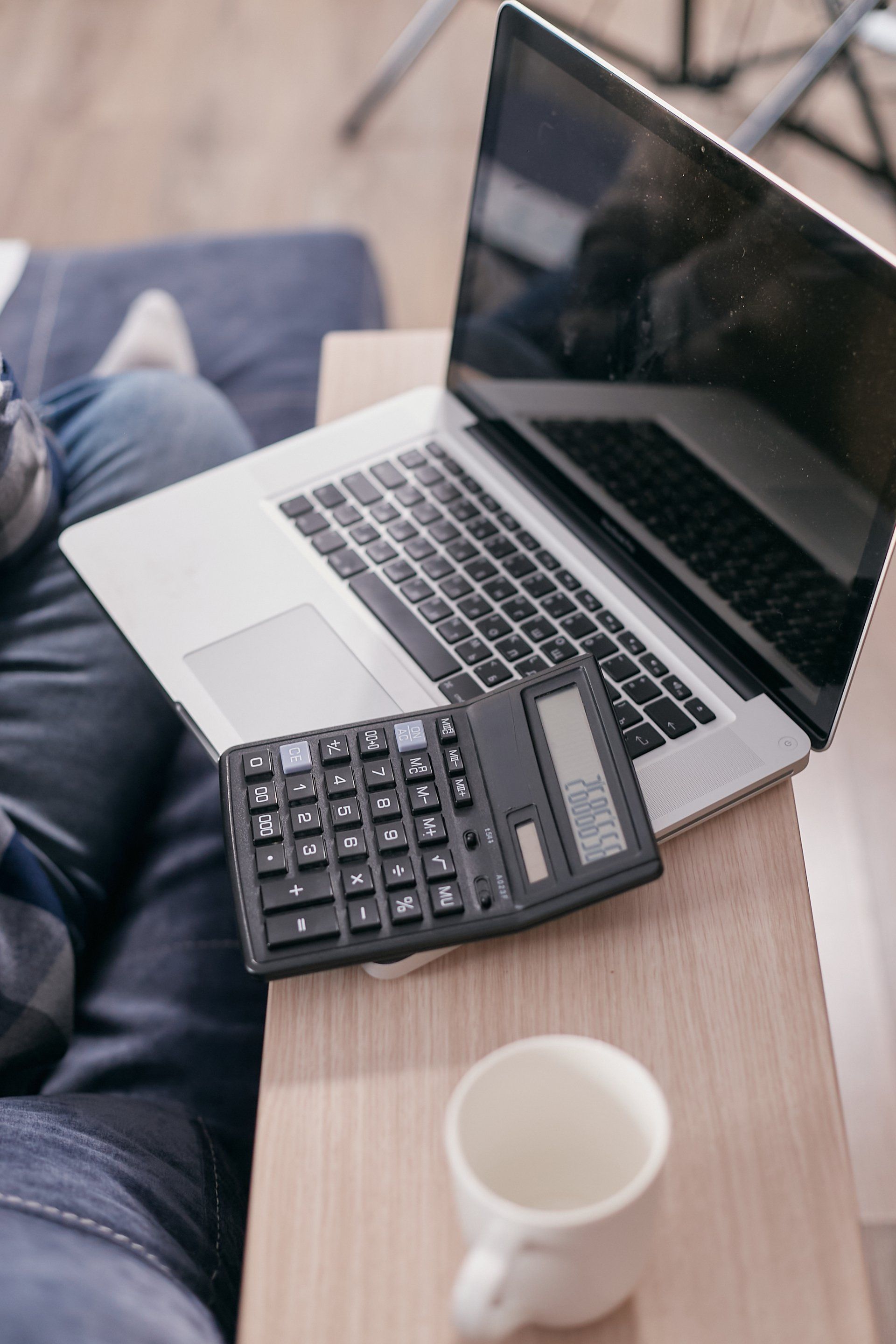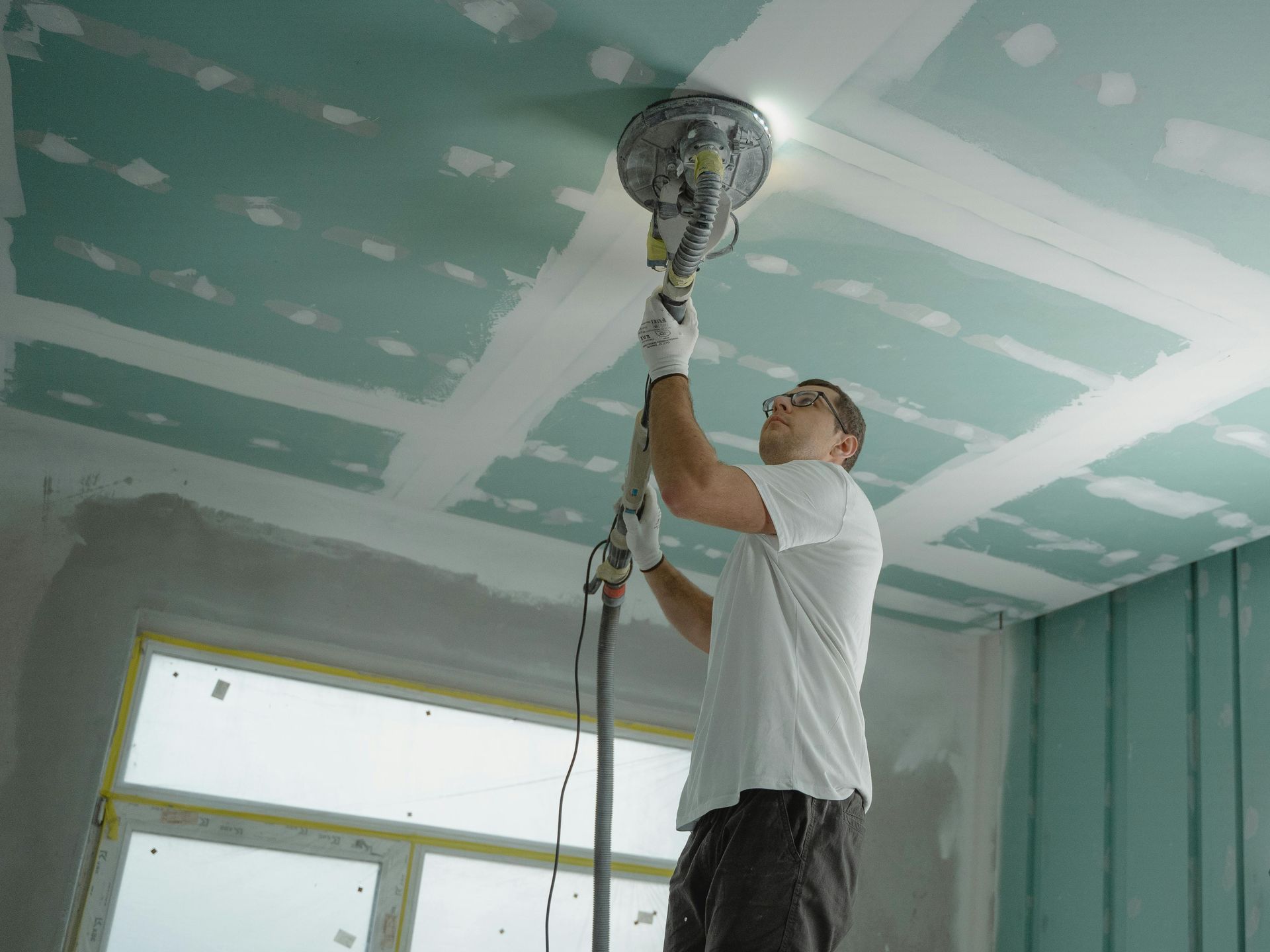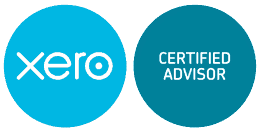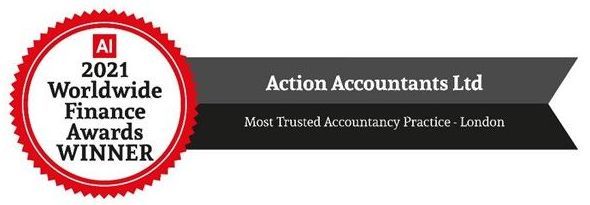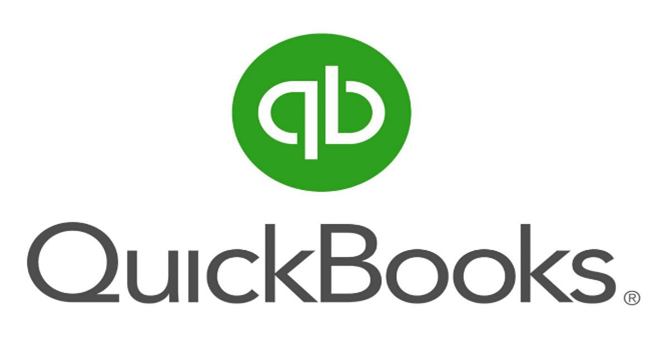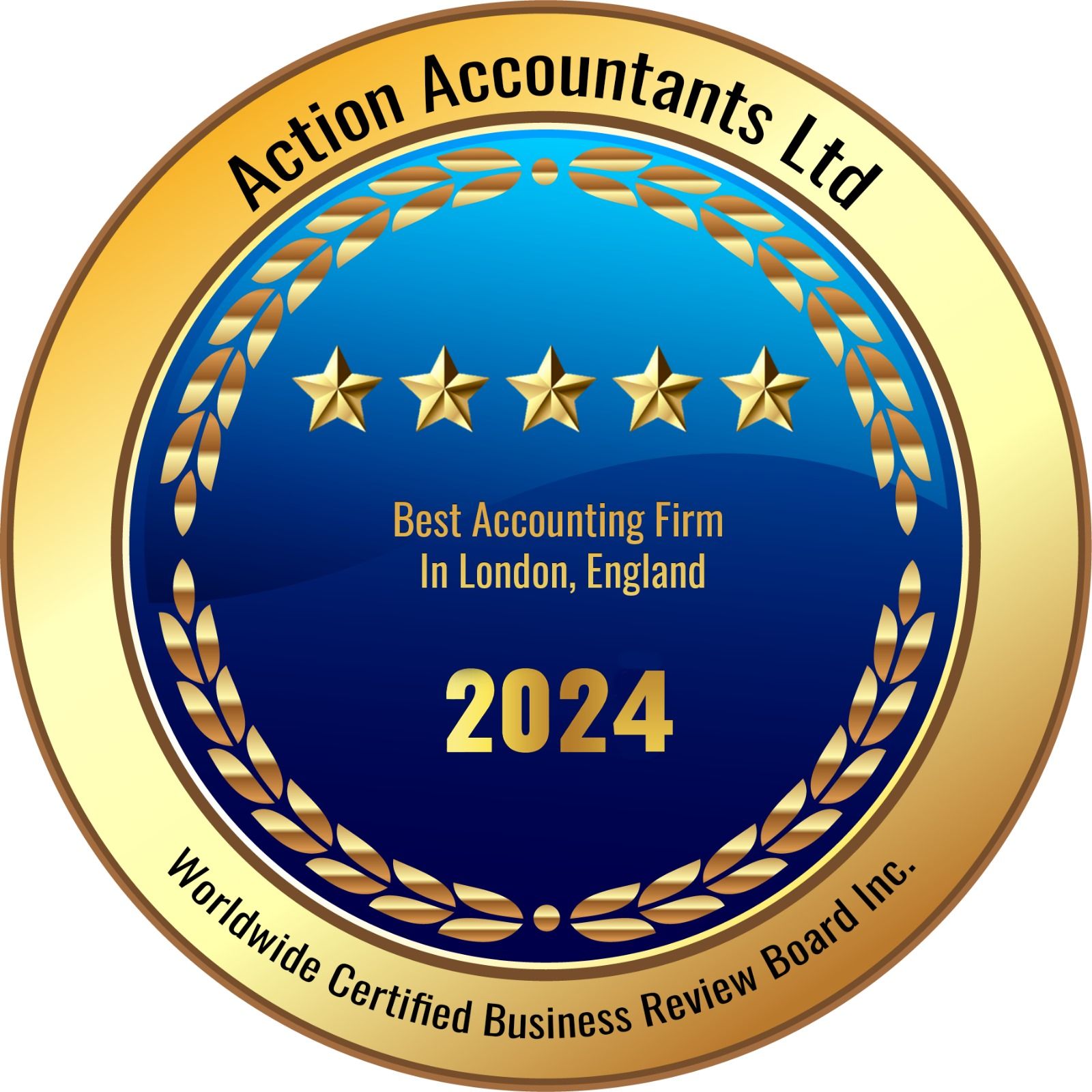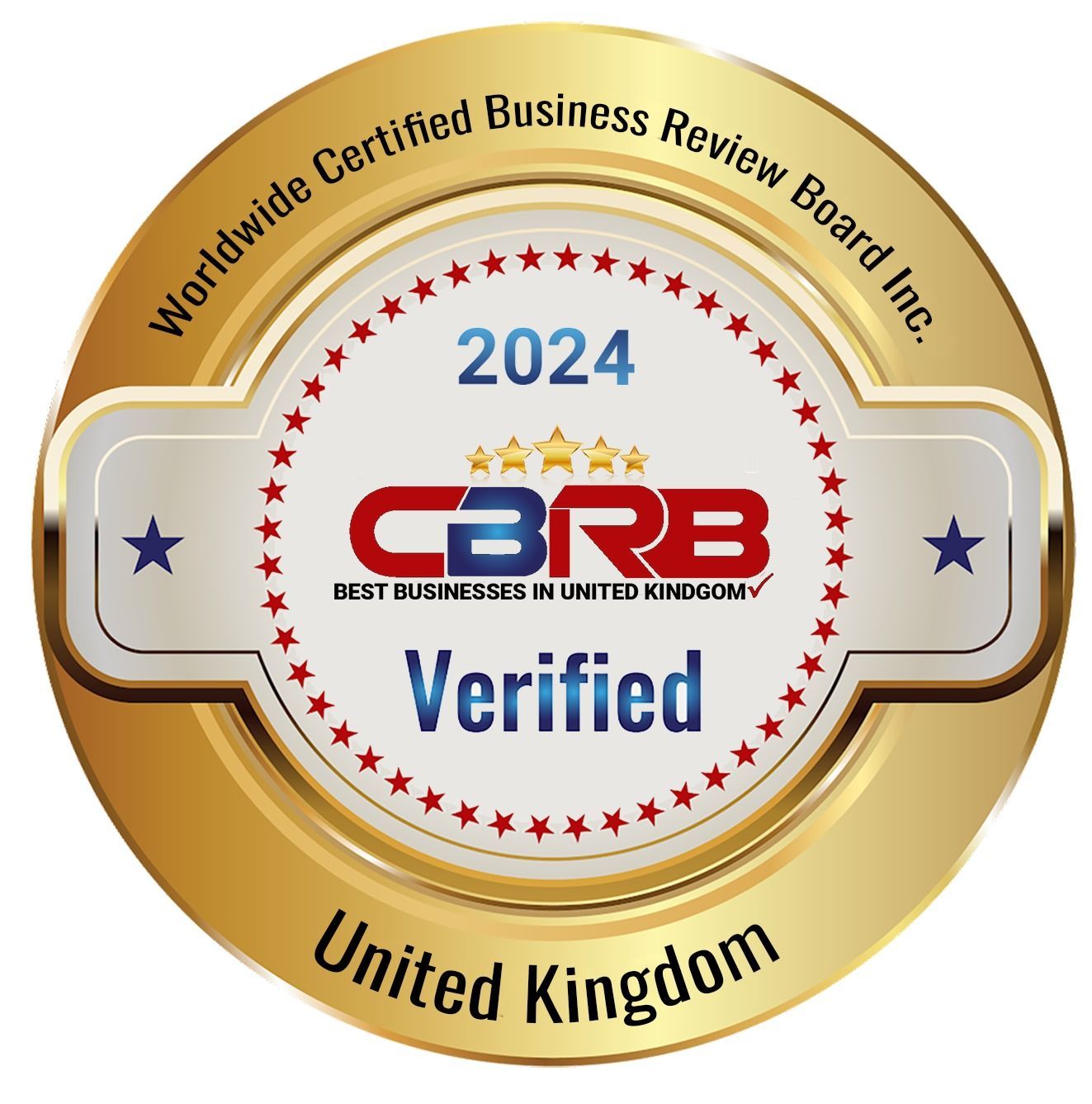By Action Accountants
•
September 9, 2025
For many older adults, retirement doesn’t mean slowing down—it means finally diving into new ventures that offer both purpose and financial reward. House flipping can be just that. But entering the world of real estate investment in your 60s or beyond calls for a different rhythm, especially when your priorities lean more toward stability and smart returns than speed and scale. The good news? Seniors bring life experience, focus, and financial discipline—qualities that can be major assets in this business. Below, we break down the key steps to getting started in house flipping as a senior, offering real strategies that protect your energy, your time, and your wallet. Start Small and Plan with Precision Jumping into house flipping doesn’t mean tackling a massive renovation on your first try. The best approach—especially if you’re transitioning from a different career or have limited construction experience—is to start with manageable renovation projects . Think cosmetic upgrades: painting, light landscaping, updated fixtures. These offer great return potential without overexposing you to risk or overwhelm early on. The more you can pre-plan, the better. Know what you’re willing to invest, both in time and in money. Then decide on your ideal level of involvement: Are you managing the flip yourself, or hiring professionals to handle the lift? Be honest about your capacity. Choose Properties Carefully, Avoid Unnecessary Risk Real estate isn’t one-size-fits-all. What works for a 30-year-old investor might not fit your comfort zone or risk profile. That’s why you’ll want to be extra selective about which properties you pursue. While tempting deals often come from homes in rough shape, they usually come with hidden headaches. Instead, focus on avoiding fixer-uppers in tricky areas . Look for lightly distressed or dated homes in safe neighborhoods that are trending upward. These tend to flip faster and with fewer surprises. Equally important: the area. Always research crime rates, school quality, walkability, and local zoning issues. Consider Business Courses to Strengthen Your Skills House flipping isn’t just about paint colors and property values—it’s also about strategy, negotiation, and financial savvy. Many seniors find that a little formal education can go a long way toward increasing confidence and sharpening decision-making. Whether you’re working with lenders or managing contractors, understanding the basics of business can streamline every step. You can research online business degree programs that offer coursework in accounting, communications, and management—key areas that support long-term success. And because these programs are designed to be flexible, they make it easy to keep flipping while leveling up your business brain. Finance with Caution—Don’t Over-Leverage Many seniors have significant home equity, retirement accounts, or savings—but that doesn’t mean you should put it all on the line. It’s wise to explore different funding options, especially ones that preserve liquidity. Weighing reverse mortgages with care is one option if you plan to downsize and reinvest. Some use home equity lines of credit (HELOCs) or partner with family members who want to co-invest. The key here is to use leverage conservatively and prioritize flips that generate reliable margins—not speculative wins. Understand the Numbers—Especially the 70% Rule Even seasoned flippers can get burned by poor cost estimation. Use this to your advantage. Before buying, calculate your after-repair value (ARV), subtract all anticipated costs, and apply the time-tested formula: using the 70 percent rule wisely . This rule helps prevent overpaying by ensuring you leave enough margin after expenses. It’s not perfect for every situation, but it forces discipline—especially valuable if you’re new to analyzing deal structures. Add Green Features That Sell Today’s buyers are increasingly eco-conscious, and homes that include sustainability upgrades tend to stand out. That doesn’t mean you need to install solar panels or tear out insulation, but small touches make a difference. Consider integrating eco-friendly finishes like flooring , LED lighting, low-flow fixtures, and programmable thermostats. These upgrades are cost-effective, increase appeal to younger buyers, and can often be used to justify a higher resale price. House flipping isn’t just about real estate—it’s about timing, math, psychology, and local knowledge. Don’t rush into your first deal. Talk to local flippers, walk properties with agents, and shadow a contractor if possible. Start small, stay curious, and keep your risk low until you feel fluent in the process. You’re not late to the game—you’re just arriving with more wisdom and less to prove. And in this business, that’s a real advantage. Partner with Action Accountants for precision-driven financial solutions and expert advice that propels your business towards prosperity.




